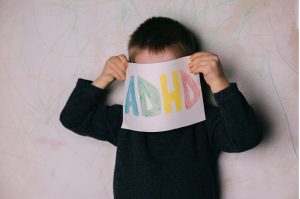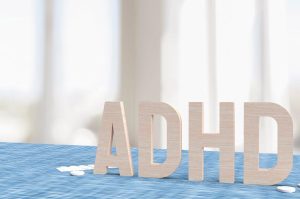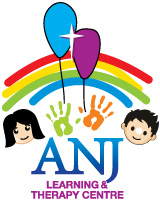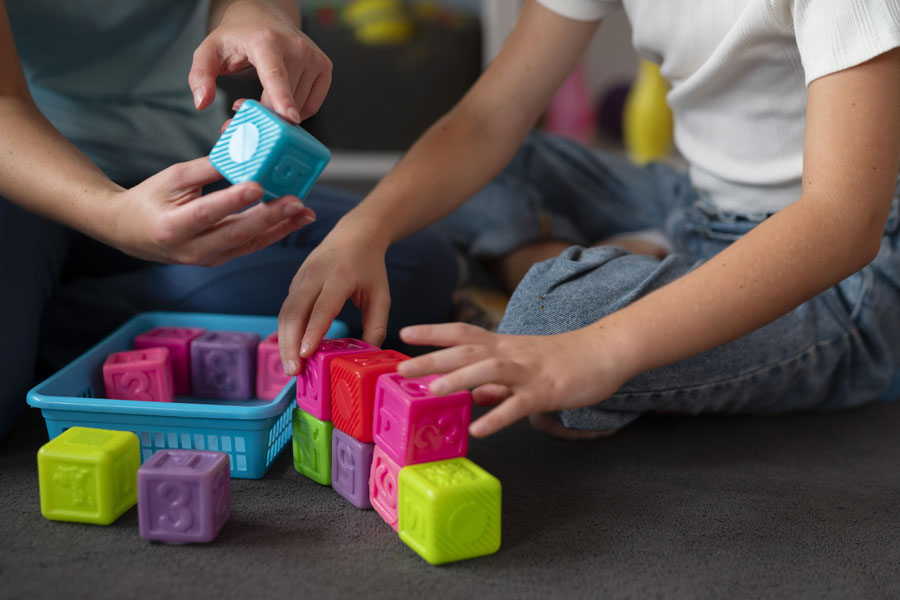- Are you looking for an Expert for ADHD Treatment Sydney?
- Are you exploring options for Attention deficit hyperactivity disorder (ADHD) Treatment for Adults or Children?
Attention deficit hyperactivity disorder (ADHD) is a disorder in which a person’s behaviour is affected. These individuals often seem restless, have difficulty concentrating and are impulsive. Their symptoms are noticed when children are under 12 years of age. These symptoms become evident when the child’s circumstances change, as when they start going to school. Sometimes ADHD can go unnoticed in childhood and the individual may get diagnosed in his/ her adulthood.
Treatment of ADHD Sydney
 You can contact ANJ Therapy for expert help for treatment of ADHD in Sydney. We have experienced therapists to help you in your time of need. Go through the information to know more about Attention deficit hyperactivity disorder (ADHD). Treatment for ADHD can help by relieving the symptoms and also by improving the quality of life. ADHD is treated using medical management or therapeutic management, but a combination of both medicine and therapy is usually the best.
You can contact ANJ Therapy for expert help for treatment of ADHD in Sydney. We have experienced therapists to help you in your time of need. Go through the information to know more about Attention deficit hyperactivity disorder (ADHD). Treatment for ADHD can help by relieving the symptoms and also by improving the quality of life. ADHD is treated using medical management or therapeutic management, but a combination of both medicine and therapy is usually the best.
Medicine or Medical Management
Medications can’t permanently cure ADHD but they can help someone with symptomatic treatment where-in they can concentrate better, reduce impulsivity, keep calm and enhance their learning of new skills. A Paediatrician or a psychiatrist mainly would be able to prescribe medications for ADHD patients.
Therapies for the Treatment of ADHD
 Along with medical management, different therapies can be advantageous in the treatment of ADHD in all age groups (children, teenagers and adults). Therapy can also play an effective role in treating additional problems, such as behavioural or anxiety issues, which may be associated with ADHD. Different therapies used for ADHD treatment are as follows:
Along with medical management, different therapies can be advantageous in the treatment of ADHD in all age groups (children, teenagers and adults). Therapy can also play an effective role in treating additional problems, such as behavioural or anxiety issues, which may be associated with ADHD. Different therapies used for ADHD treatment are as follows:
Psychoeducation:
Here, the parent or caregiver and the child is encouraged to discuss ADHD and it effects. It helps children, adolescents, and adults to understand their diagnosis as ADHD individuals, help them to cope with the disorder better and improve their quality of life.
Behaviour therapy:
Behavioural therapy is a tool that guides and supports caregivers, parents as well as teachers with ADHD. Behaviour therapy works on the behaviour of the individual with ADHD by using a system of reinforcement or rewards to encourage the child and control the symptoms of ADHD. One must identify the types of behaviour to be encouraged in a child, for example, the behaviour to be targeted is ‘sitting at the table to eat’; in behavioural therapy the child is reinforced or a small reward is given for the good behaviour.
For caregivers, parents and teachers, behaviour management includes learning to make lesson plans and structure activities and to reinforce and encourage children for even very little amounts of progress.
Speech-Language therapy:
Children with ADHD also show features of learning disabilities. In speech-language therapy, child’s speech, language and social skills can be worked upon. Here the child is taught how to focus and pay attention, to plan and organize; the child’s learning difficulties are also worked upon.
Parent education programmes:
Parent education, training, and guidance can help parents learn relevant ways of communication and play with their children; also, they can be trained on working on their child’s attention and behavioural skills. Usually, parent education programmes involve group sessions and consists of 10-16 meetings.
Parent education doesn’t aim to show that parents dealing with ADHD kids are bad parents or not good enough; on the other hand, their aim is to train parents and caregivers about the child’s behaviour and to increase their confidence in their ability to work on their child and to strengthen the parent-child relationship.
Social skills training:
Children with ADHD show difficulties in building relationships, hence, this area also needs to be worked upon. Social skill training would involve the child participating in role-play situations and showing social stories; here, the goal is to train the child how to behave in different social situations by teaching them how their behaviour affects others.
Cognitive behavioural therapy (CBT):
It is a talking therapy, where the therapist will help you manage your problems by changing your perspective (thinking) and behaviour. The therapist will try to change the way one thinks or feels about a situation and in turn change their behaviour.

